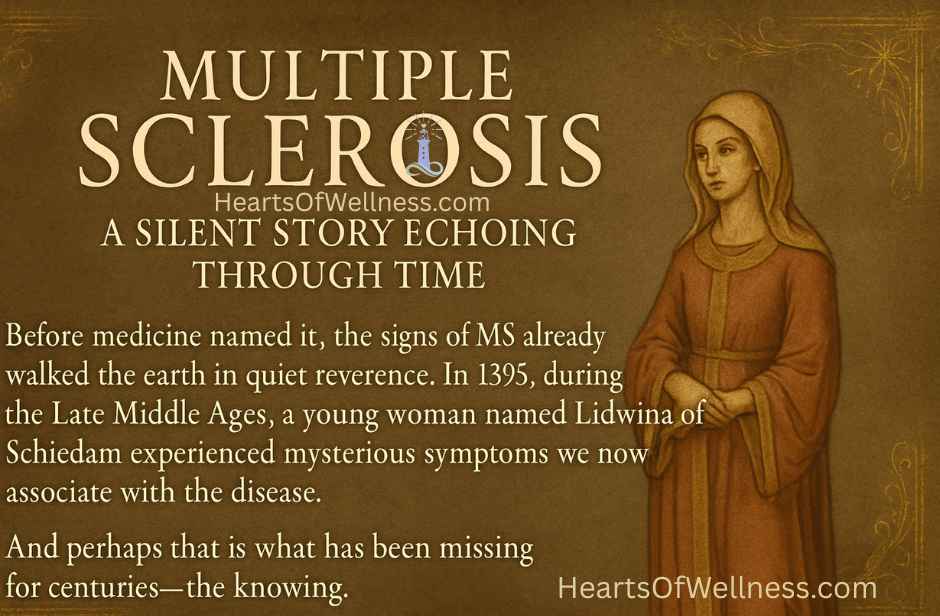On October 17, 2024, The Price of Business posted a talk called “Medicaid and the Five-Year Lookback Period – A Must Know.” I gave this talk to educate people about Medicaid, and to divert families from a disaster like the fictional Tom in the narrative. It is under eight minutes and worth listening to so your family can avoid a similar crisis.
As a follow-up, this article tells a personal story about Medicaid, along with helpful links.
Medicaid is not to be confused with “Medicare,” the U.S. government healthcare plan for anyone 65 and older. Medicaid provides health care coverage for people who qualify, based on income and assets. One important requirement is the five year “look-back” period.
Why should you be concerned about an aging loved one needing Medicaid? Will it even be available when you or your family member needs government help to pay for health care coverage?
I can answer the first question, not the second. Medicaid is the system we have now, and given the high cost of care, it is a benefit families may need. People are living longer, may outlive their assets, and could become medically fragile, requiring 24-hour a day nursing care. Medicaid may be a necessary solution.
The Cost of Care
In my talk I mentioned expenses given by the Minnesota Department of Health and Human Services (my home state) to care for aging family members. The cost for home care averages $60,000 annually, based on care 44 hours a week.
- Assisted living costs an average of $48,000 annually to live in a facility. This cost does not include services and additional fees such as meals, medication administration, well checks, and more.
- Residing in a nursing home? Over $90,000 a year.
- Find a link for the estimated costs in your state at the Minnesota link.
Five-Year Look-Back Period
What is the five year “look-back” period? It is the five years immediately before applying for Medicaid where one cannot gift assets or sell property for under market value. Financial transfers or gifts made during this period can be subject to penalty. This gets complicated, particularly when a spouse is involved. Seek the advice of an elder care attorney if needed.
Our Family Story
In “Dancing With Lewy: A Father Daughter Dance Before and After Lewy Body Dementia Came to Live With Us” I wrote about our family situation where we were potentially impacted by the look-back period. I was initially ignorant about Medicaid requirements, learning only when I applied for Medicaid for my parents around 2008. (They were turned down because their assets exceeded the $3,000 limit. That amount may differ now.) I then learned about a potential problem.
When my parents sold the house in July of 2006, they gave their daughters $1,000 each. Once I understood Medicaid, I wondered what would happen if we needed to apply within the five-year look-back period. Would we have to declare the “gifted” this money? I asked my oldest son who worked for the county. He said yes, we would have to declare any significant funds they gave away within the last five years.
This picks up after my mom had passed away, and my dad was in a nursing home with severe dementia.
As September 2011 approached, Dad was quickly running out of money. With advice from the nursing home, I applied for Medicaid. Dad was approved, and the government paid his bills of over $6,000 a month.
The five-year period ended July 2011. The date he began receiving Medical Assistance was in September 2011. We would not have to pay back the money. Coincidence? Luck?? Perhaps a miracle?
Conclusion
As your loved one ages, learn about the requirements for Medicaid, and keep in mind the five-year look-back period. Any significant gifts given away during that time may have to be paid to the government, or the recipient may have to wait until the five years are up. Your family will need to plan ahead to avoid a potential crisis.
For more information, check out these links:
Information specific to your state: https://www.medicaid.gov/about-us/where-can-people-get-help-medicaid-chip/index.html#statemenu
Information on Medicare and Medicaid: https://www.aarp.org/health/medicare-qa-tool/difference-between-medicare-and-medicaid.html
“Dancing With Lewy” is my memoir about my dad’s dementia. Find information about this story of despair, hope, and faith on my website, along with links to caregiving resources. https://gracesmessage.com.
Thank you.
Nancy R Poland, Grace’s Message
With grace and hope, Nancy Poland provides written and spoken communication on caregiving, loss, and other valuable topics. She owns what she calls a “micro-business” named “Grace’s Message,” however she has many years of experience in the business world.
In December 2022, Nancy retired from NMDP (previously National Marrow Donor Program/Be The Match) after nearly 28 years of employment. She most recently worked as a Contracts and Compliance Manager and spent over 18 years in management as a people-leader. Nancy has a Bachelor of Arts in social work and a Master of Arts in Health and Human Services Administration. She has authored two books on caregiving, issues a quarterly newsletter, and offers both in-person and virtual presentations.
A life-long resident of the Twin Cities in Minnesota, Nancy and her husband John raised two sons and continue to contribute to their communities, travel, and work on solving British detective shows.
As a working caregiver, Nancy encountered dilemmas such as the following, with no good choices.
- The phone rings, an ambulance is bringing her mom to the hospital (again). Does Nancy stay at work for the rest of the training session, or should she race to meet the ambulance and mom at the hospital?
- Dad is in the care home, in the later stages of dementia. The only day they schedule monthly family conferences is Thursday, no later than 2:30. Should Nancy take a half day off work, leave work and come back, or dial in, and miss out on a face-to-face conversation.
Working caregivers struggle with job obligations, caring for their loved one, and often other family responsibilities. The one they are caring for may be a child with special needs, an aging relative, or an unexpectedly injured spouse. None of us know when we will be called upon to care for another, and trying to balance each facet of life can be a recipe for disaster. When a caregiver has a crisis, it affects not only the ones involved, but also the company.
Studies show caregivers often have increased absenteeism or reduced performance while at work. They often need to cut down work hours or quit. As this is especially true for caregivers of older adults with significant care needs, for this talk I will focus on ways companies and caregivers can partner together to address the ever-increasing needs of caregivers for our aging population.
Website: https://nancyrpoland.com
Connect with Nancy Poland on social media:
Twitter (now X): https://twitter.com/nancypoland
Facebook: https://www.facebook.com/nancyrpoland
Linkedin: https://www.linkedin.com/in/nancy-poland-a4632632/
Instagram: https://www.instagram.com/nancypoland/






